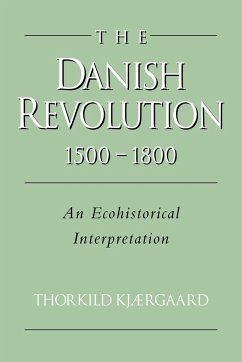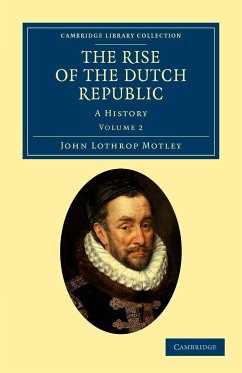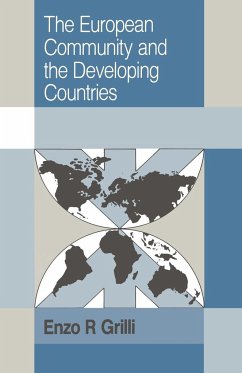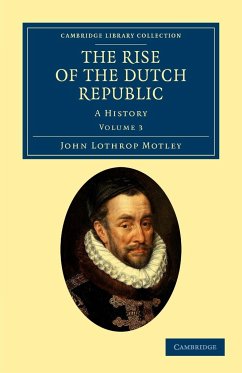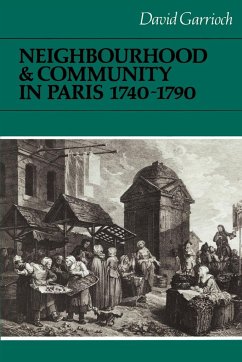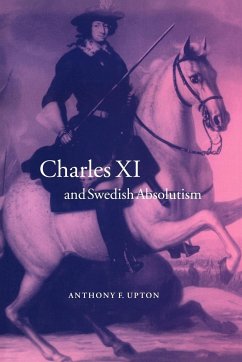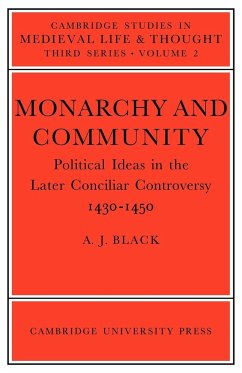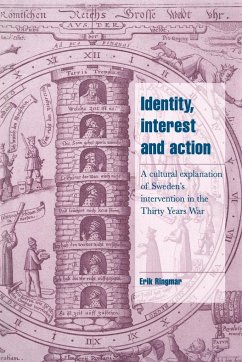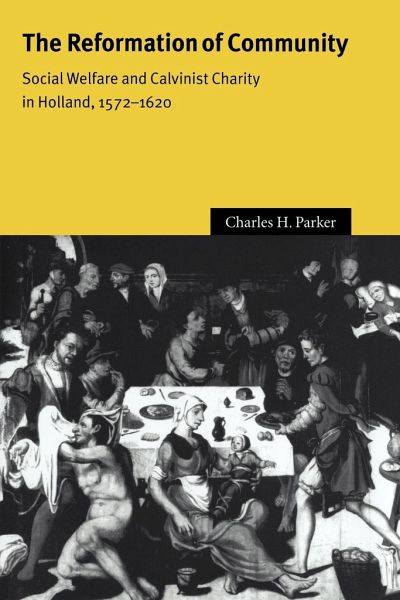
The Reformation of Community
Social Welfare and Calvinist Charity in Holland, 1572 1620
Herausgeber: Elliott, John; Hufton, Olwen

PAYBACK Punkte
23 °P sammeln!
A comparative study of social welfare institutions in Holland during the Reformation.By the time of the Calvinist Reformation, the cities of Holland had established a very long tradition of social provision for the poor in the civic community. Calvinists however intended to care for their own church members, who were by definition 'within the household of faith', through the deaconate, a confessional relief agency. This book examines the relationship between municipal and ecclesiastical relief agencies in the six chief cities of Holland - Dordrecht, Haarlem, Delft, Leiden, Amsterdam and Gouda ...
A comparative study of social welfare institutions in Holland during the Reformation.
By the time of the Calvinist Reformation, the cities of Holland had established a very long tradition of social provision for the poor in the civic community. Calvinists however intended to care for their own church members, who were by definition 'within the household of faith', through the deaconate, a confessional relief agency. This book examines the relationship between municipal and ecclesiastical relief agencies in the six chief cities of Holland - Dordrecht, Haarlem, Delft, Leiden, Amsterdam and Gouda - from the public establishment of the Reformed Church in 1572 to the aftermath of the Synod of Dort. The author argues that the conflict between charitable organizations reveal competing conceptions of Christian community that came to the fore as a result of the Dutch Reformation. This is the first comparative study of poor relief in Holland, which contributes to our understanding of the Reformation throughout Europe.
Review quote:
'The first comparative study of urban charitable agencies in Calvinist Holland - a great accomplishment.' Journal of Modern History
Table of contents:
Acknowledgements; 1. Introduction; 2. The municipal community and parish charity in late medieval Holland; 3. The civic community and poor relief, 1500-1614; 4. Poor relief in a confessional community: the creation of the Dutch Reformed diaconate, 1566-1578; 5. The dynamics of the Reformed community: discipline and poor relief, 1572-1620; 6. Municipal welfare and the Calvinist diaconate, 1572-1620; 7. The pillars of a new society: religious pluralism and confessional identity in Reformation Holland; Bibliography; Index.
By the time of the Calvinist Reformation, the cities of Holland had established a very long tradition of social provision for the poor in the civic community. Calvinists however intended to care for their own church members, who were by definition 'within the household of faith', through the deaconate, a confessional relief agency. This book examines the relationship between municipal and ecclesiastical relief agencies in the six chief cities of Holland - Dordrecht, Haarlem, Delft, Leiden, Amsterdam and Gouda - from the public establishment of the Reformed Church in 1572 to the aftermath of the Synod of Dort. The author argues that the conflict between charitable organizations reveal competing conceptions of Christian community that came to the fore as a result of the Dutch Reformation. This is the first comparative study of poor relief in Holland, which contributes to our understanding of the Reformation throughout Europe.
Review quote:
'The first comparative study of urban charitable agencies in Calvinist Holland - a great accomplishment.' Journal of Modern History
Table of contents:
Acknowledgements; 1. Introduction; 2. The municipal community and parish charity in late medieval Holland; 3. The civic community and poor relief, 1500-1614; 4. Poor relief in a confessional community: the creation of the Dutch Reformed diaconate, 1566-1578; 5. The dynamics of the Reformed community: discipline and poor relief, 1572-1620; 6. Municipal welfare and the Calvinist diaconate, 1572-1620; 7. The pillars of a new society: religious pluralism and confessional identity in Reformation Holland; Bibliography; Index.






